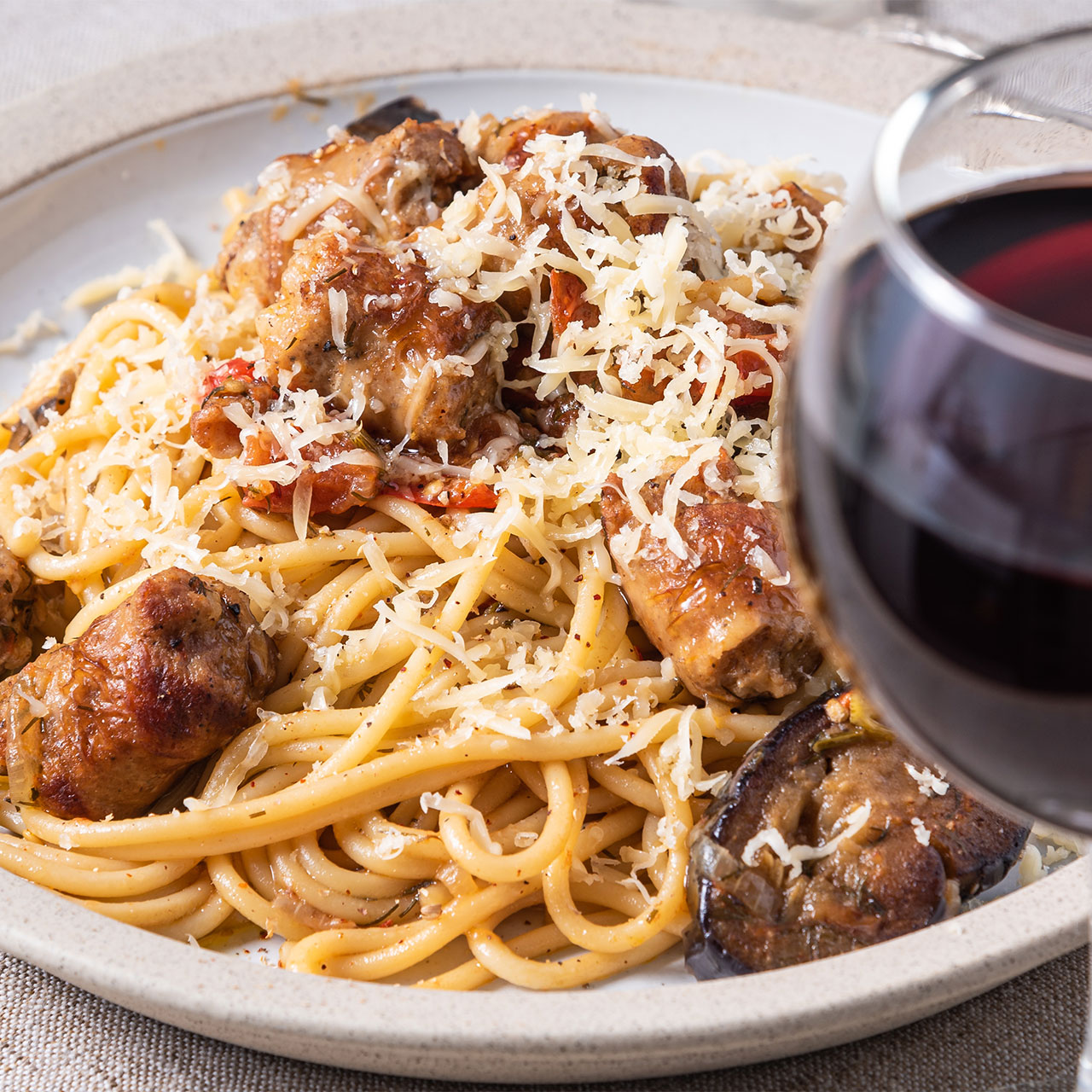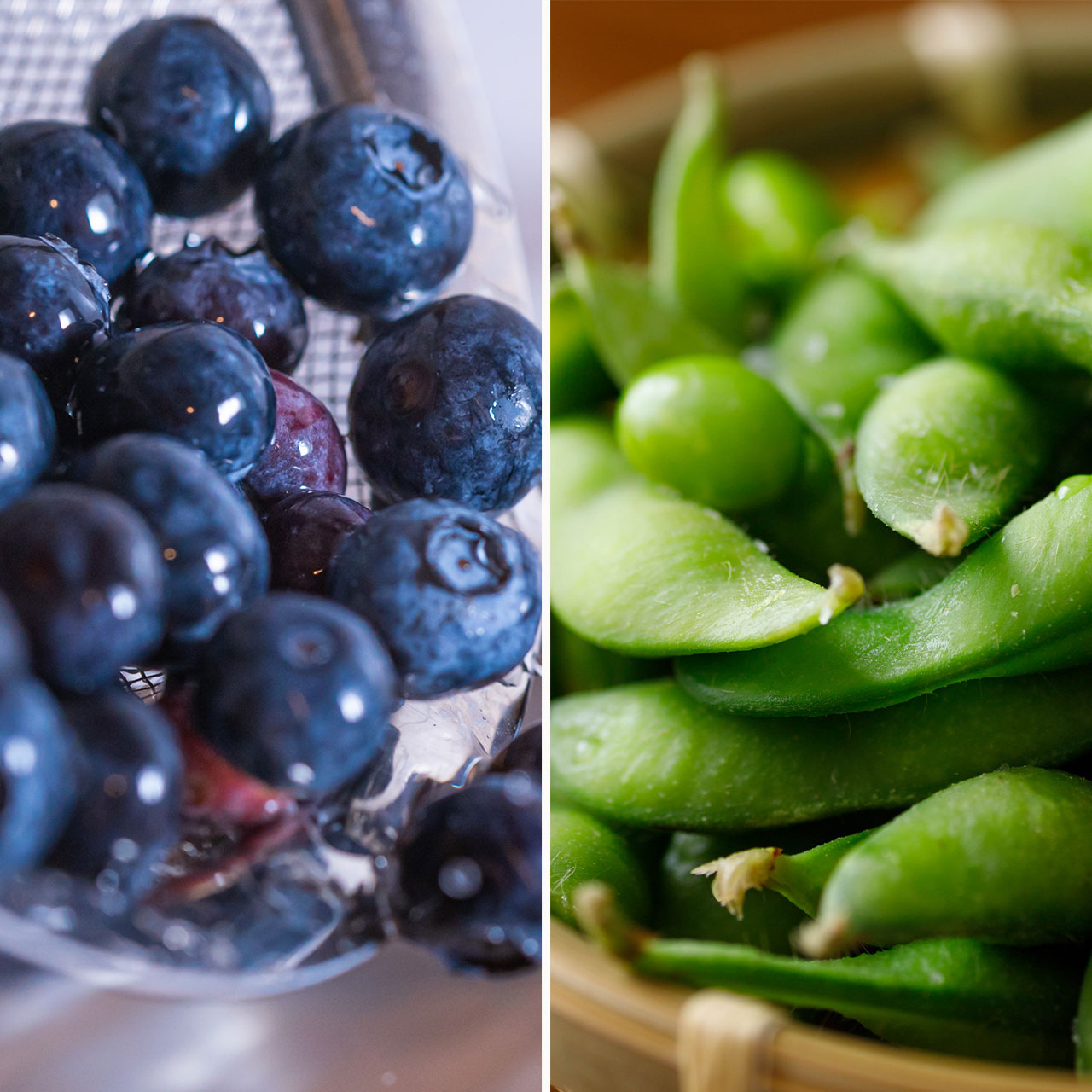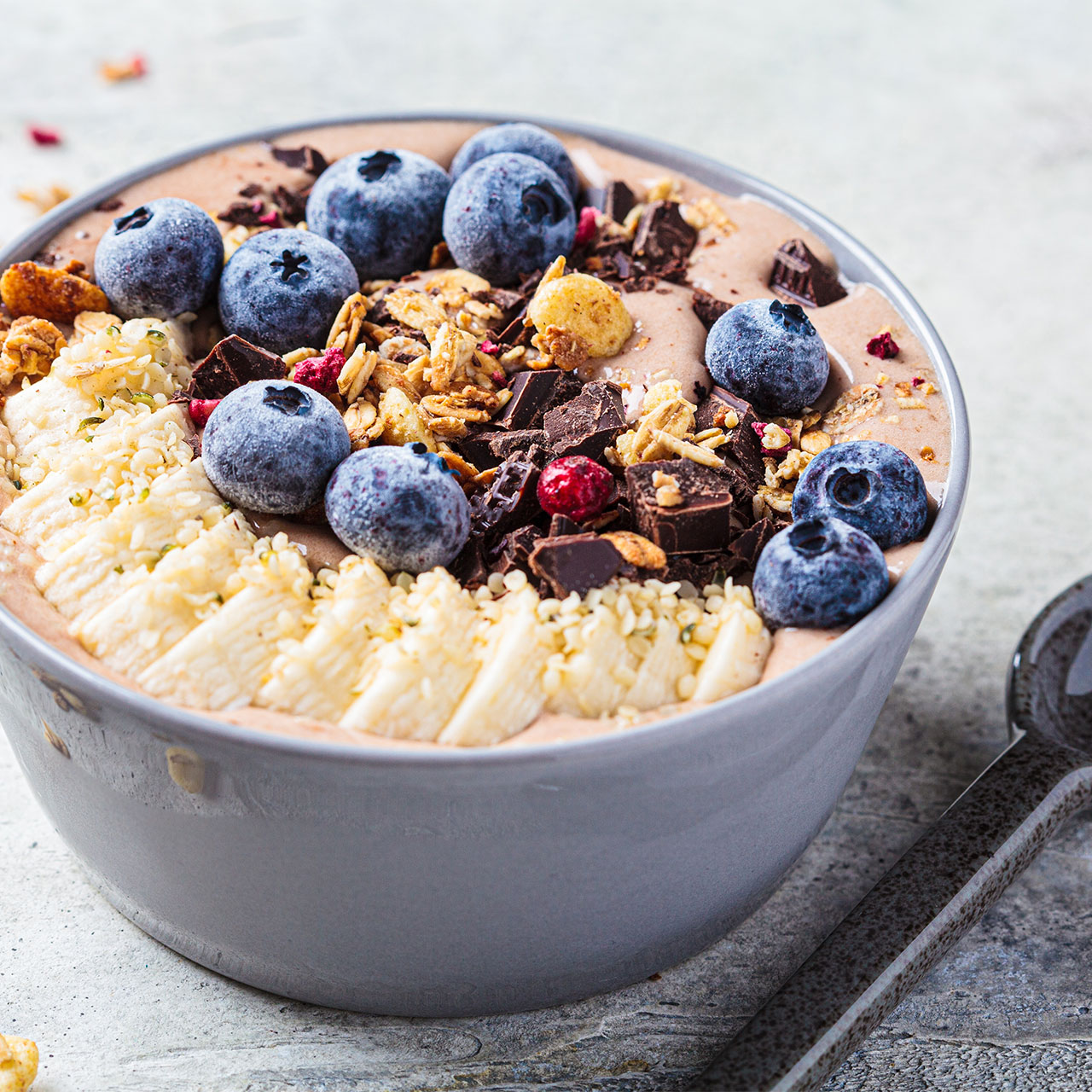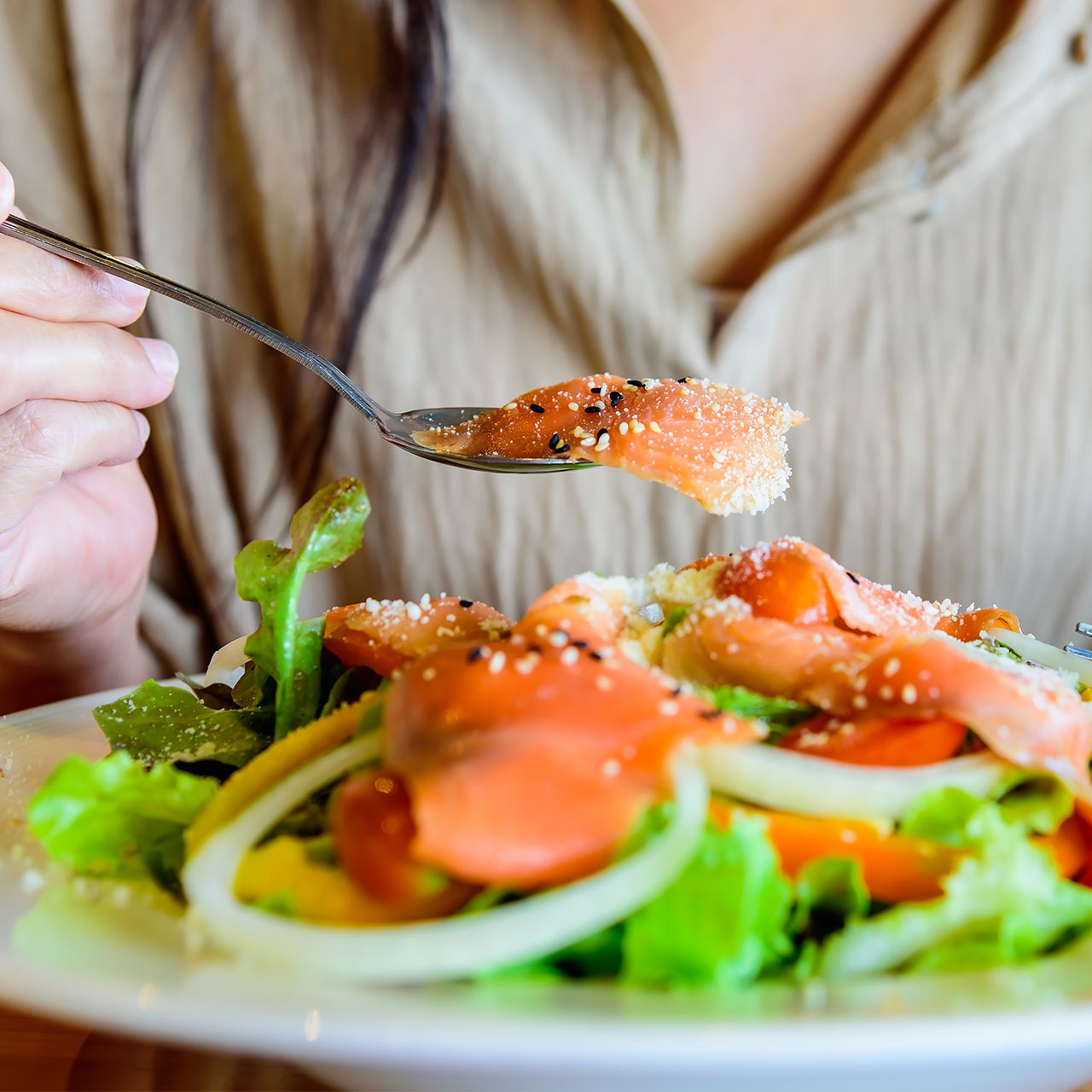This is an archived article and the information in the story may be outdated. Please check the time stamp on the story to see when it was updated last.
We’ve all been there. You just got home from work, and the thought of pulling together ingredients for dinner is the last thing on your mind. You opt for the frozen dinner you’ve been keeping on hand in your freezer for the past few months, because it’s easy and just a few buttons on your microwave away from being ready to eat.

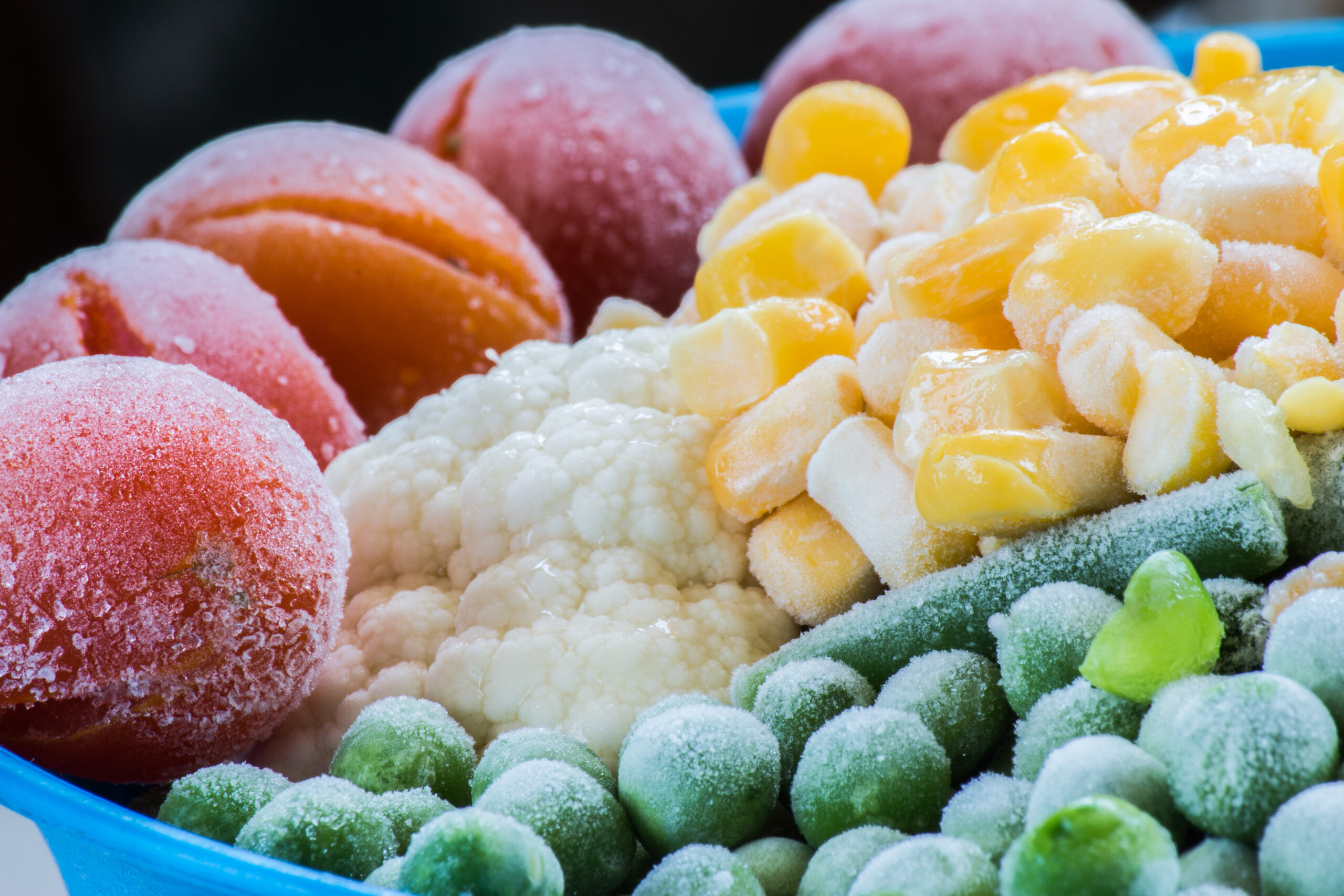
Frozen dinners tend to get a bad reputation for being a less healthy option. While frozen meals can have tricky additives and preservatives, some foods may actually be even more nutrient dense in a frozen state. But how do you know which frozen dinners are the healthiest options, and which ones you should consider avoiding?
Carrie Bonfitto, a chef, holistic health coach, and the author of What to Cook, Why to Eat It: Nutrition Facts, Health Benefits, and Recipes, says that when frozen raw, foods generally maintain the same nutrition density. “Nutrients like proteins, fats, carbohydrates, vitamins and minerals do not degrade in the freezer,” As a matter of fact, some foods may be even healthier when frozen fresh, “Most fruits are frozen raw, and because Vitamin C degrades over time (as well as with cooking), freezing them stops the clock and locks in the vitamins. For example, a strawberry that was frozen the day after it was picked may actually have a little more Vitamin C than a fresh one that's traveled, sat in the grocery store for a few days, and then sat in your fridge for a few more.”
When shopping for frozen meals to keep on hand, Bonfitto has a few favorites. One brand she recommends is Primal Kitchen. “They use grass-fed meat in their Beef Fajitas and Beef and Mushroom Bowls. Plus their curry is loaded with veggies.” Another one she likes for boosting veggie intake is Real Foods, which makes bowls made with veggie noodles. “They replace the typical pasta with zucchini noodles and hearts of palm linguine. These are good for people looking for low-carb options.”
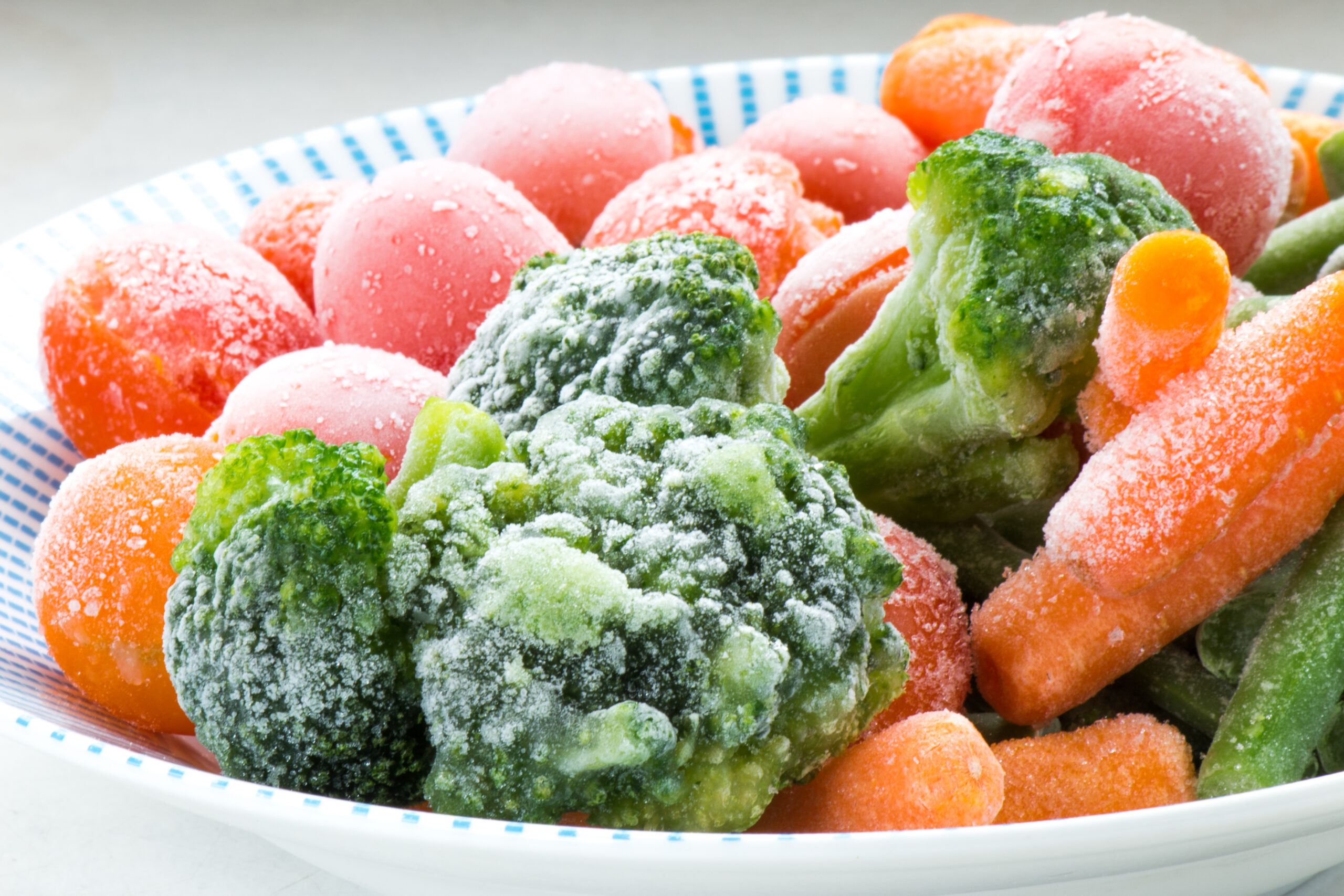
Finally, Dr. Praeger’s is a good vegan option for easy proteins that you can build a meal around. “While they don't have full dinner options, they have healthy plant-based burgers, veggie nuggets for kids, and sustainable fish sticks.” Bonfitto says.
As far as what to avoid when choosing frozen dinners at the grocery store, there are a few common ingredients to look for that may minimize the nutritional value. “Salt, sugar, and fat are flavor enhancers that make their way into frozen dinners to make up for the change in texture caused by freezing.” Bonfitto says, “Look out for corn syrup solids, dextrose, starches of any kind, as well as monoglycerides and diglycerides.”
Easy doesn’t always have to mean unhealthy. Frozen dinners are a great option for when you’re in a pinch but still want to eat well. The thing that’s most important is looking at the ingredients and making sure they don’t include additives that will hinder your wellness goals.


